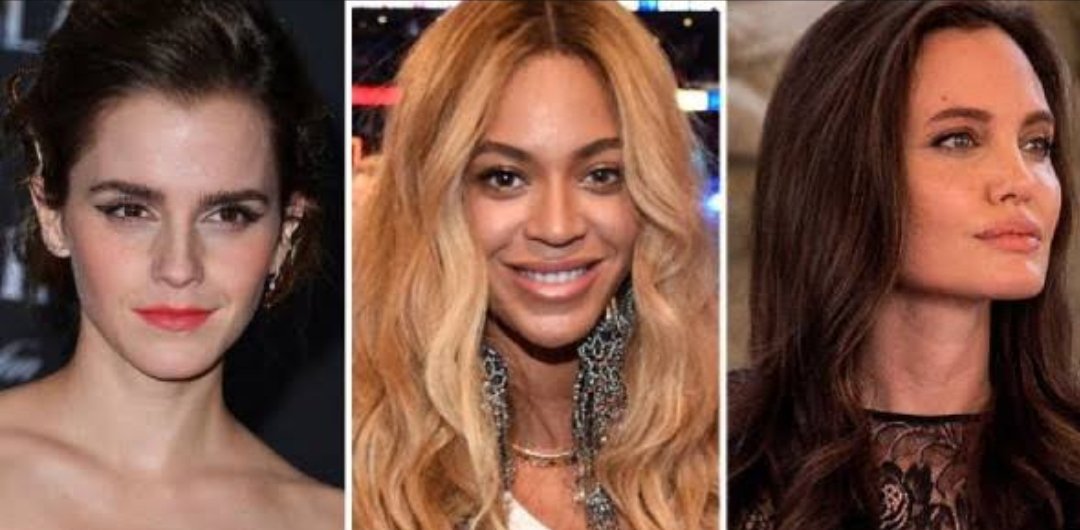Introduction
In the age of social media and advanced technology, the question “What celebrity do I look like?” has become a common curiosity. From apps that match your photo with a celebrity to social media trends where users compare themselves to famous faces, the fascination with finding a celebrity look-alike is widespread. This article explores the reasons behind this phenomenon, the psychology of look-alikes, and the technology that fuels our quest to find our famous doppelgangers.
The Psychology of Look-Alikes
The desire to find a celebrity look-alike stems from several psychological factors:
- Validation and Self-Esteem: Being told you resemble a celebrity can boost self-esteem. Celebrities are often seen as epitomes of beauty and charisma. Finding similarities between oneself and a famous person can feel like a form of validation, reinforcing one’s sense of attractiveness or uniqueness.
- Social Connection: Shared experiences and commonalities, even superficial ones, can foster social bonds. When friends and acquaintances point out a resemblance to a celebrity, it becomes a topic of conversation and a way to connect with others.
- Identity Exploration: People are naturally curious about their identities and how they are perceived by others. Discovering a celebrity look-alike can be part of this exploration, providing insights into one’s own appearance and the traits that stand out.
Technology and the Celebrity Look-Alike Phenomenon
Advancements in technology have made it easier than ever to find celebrity look-alikes. Here are some of the ways technology facilitates this trend:
- Facial Recognition Apps: Numerous apps use facial recognition technology to analyze a user’s photo and compare it to a database of celebrity images. These apps provide a fun and interactive way to discover which celebrities you resemble, often with varying degrees of accuracy.
- Social Media Filters: Platforms like Instagram and Snapchat offer filters that can morph your face to resemble a celebrity or show a side-by-side comparison with a famous person. These filters are often used for entertainment and shared widely among friends and followers.
- Online Quizzes and Websites: Websites dedicated to finding celebrity look-alikes allow users to upload their photos and receive matches. These sites use algorithms to analyze facial features and suggest potential celebrity doppelgangers.
Popular Celebrity Look-Alike Trends
Several trends have emerged around the concept of celebrity look-alikes:
- #CelebrityLookAlike: This hashtag on social media platforms encourages users to post photos of themselves alongside their celebrity look-alikes. The trend often goes viral, with people enjoying the fun comparisons and engaging with others who have similar matches.
- Celebrity Doppelganger Day: Celebrated on social media, this unofficial day encourages users to share their celebrity look-alikes. It’s a lighthearted way to engage with friends and followers, often leading to humorous and surprising comparisons.
- AI and Deep Learning Models: Advanced AI and deep learning models have been developed to create highly accurate look-alike matches. These technologies can analyze subtle facial features and provide impressive results, further fueling the interest in finding celebrity doppelgangers.
Cultural Impact and Implications
The cultural impact of the celebrity look-alike trend is significant:
- Media and Marketing: The fascination with celebrity look-alikes is leveraged by media and marketing campaigns. Brands often use celebrity doppelgangers in advertisements to attract attention and create buzz.
- Influence on Beauty Standards: Constant comparisons to celebrities can influence beauty standards and personal grooming choices. People might seek to enhance their resemblance to a favored celebrity through fashion, makeup, or even cosmetic procedures.
- Representation and Diversity: The trend highlights the importance of diverse representation in media. When people find look-alikes among a diverse range of celebrities, it reinforces the idea that beauty and uniqueness come in many forms.
Criticisms and Challenges
Despite its popularity, the celebrity look-alike trend faces criticisms and challenges:
- Accuracy and Bias: Facial recognition technology and algorithms can be flawed and biased, leading to inaccurate or inappropriate matches. These biases can stem from the databases used, which may not represent all ethnicities and facial features equally.
- Self-Perception Issues: Constant comparisons to celebrities can affect self-perception, especially if individuals feel they do not measure up to the perceived perfection of their celebrity look-alikes. This can lead to dissatisfaction and negative self-image.
- Privacy Concerns: Uploading personal photos to apps and websites for look-alike comparisons raises privacy concerns. Users should be cautious about sharing their images and personal data with third-party services.
Conclusion
The fascination with discovering which celebrity you look like is a multifaceted phenomenon driven by psychological, social, and technological factors. While it can be a fun and engaging activity, it’s essential to approach it with a balanced perspective, recognizing the limitations and potential implications. Whether for validation, entertainment, or cultural exploration, the quest to find a celebrity look-alike will likely continue to captivate people’s imaginations in the digital age.
